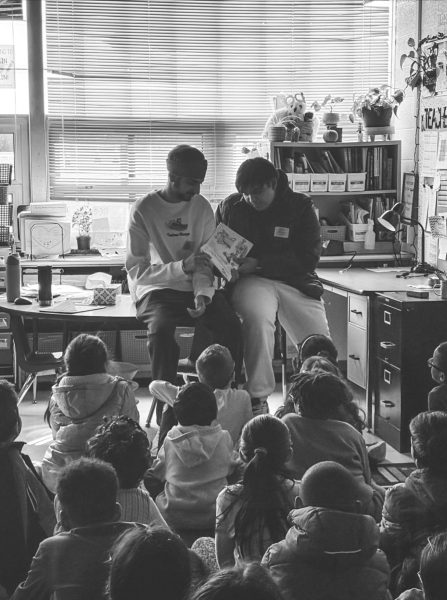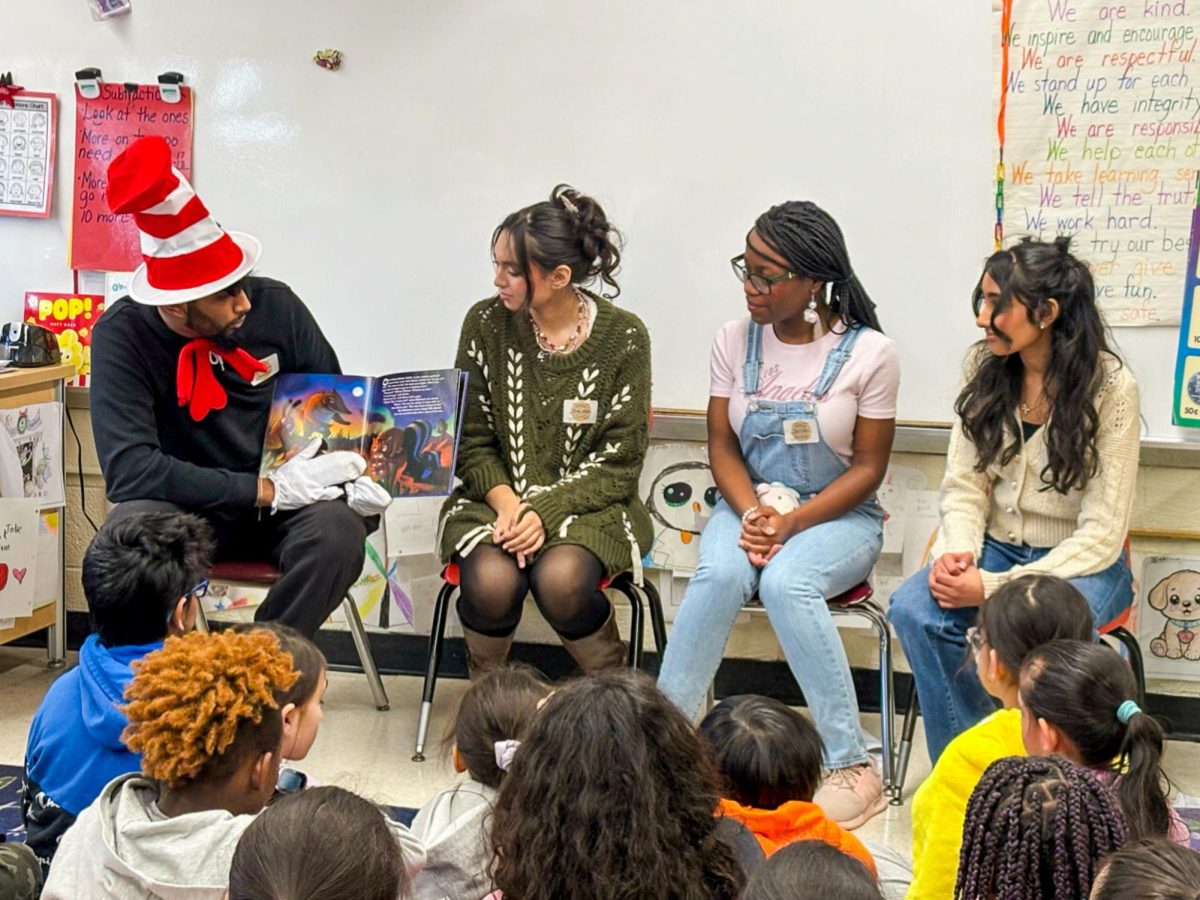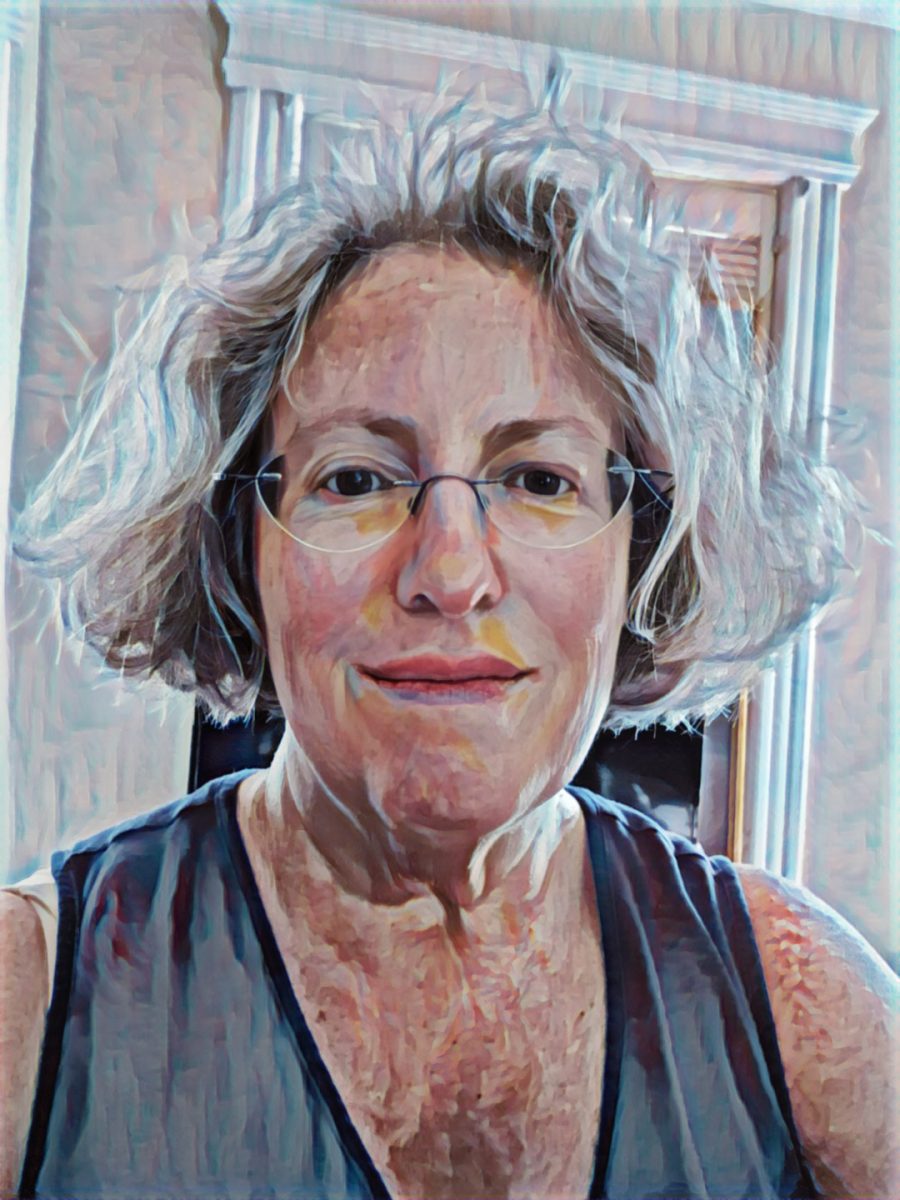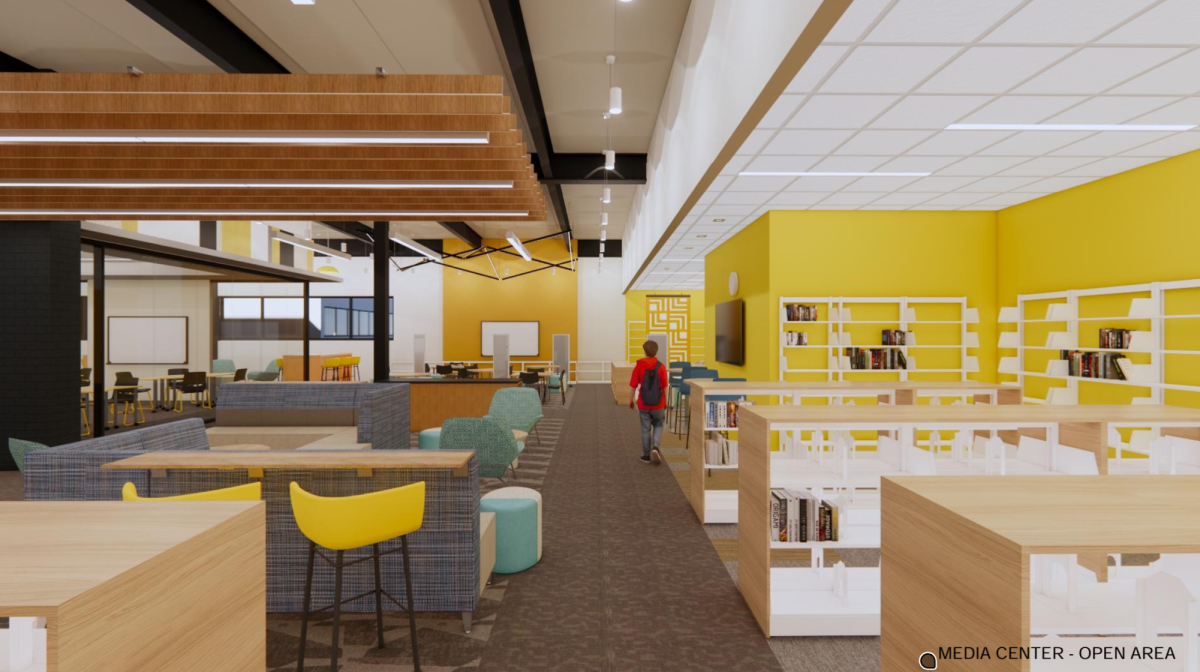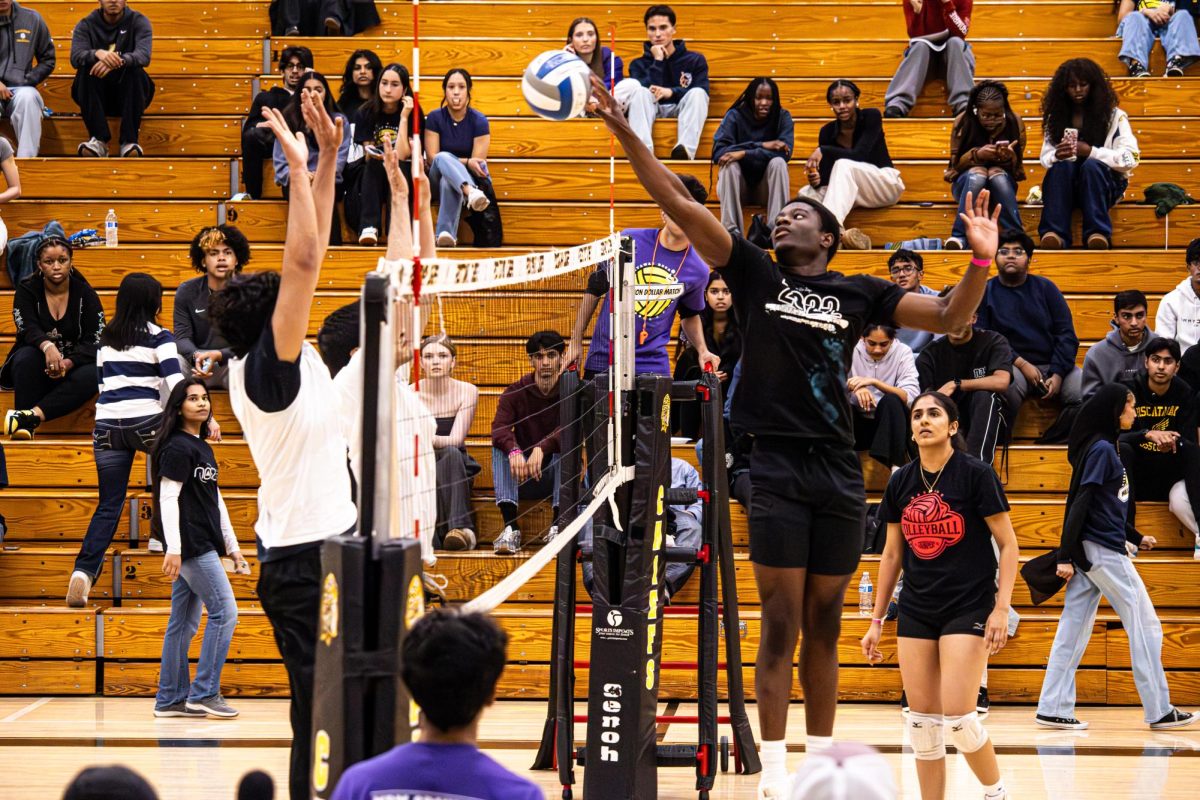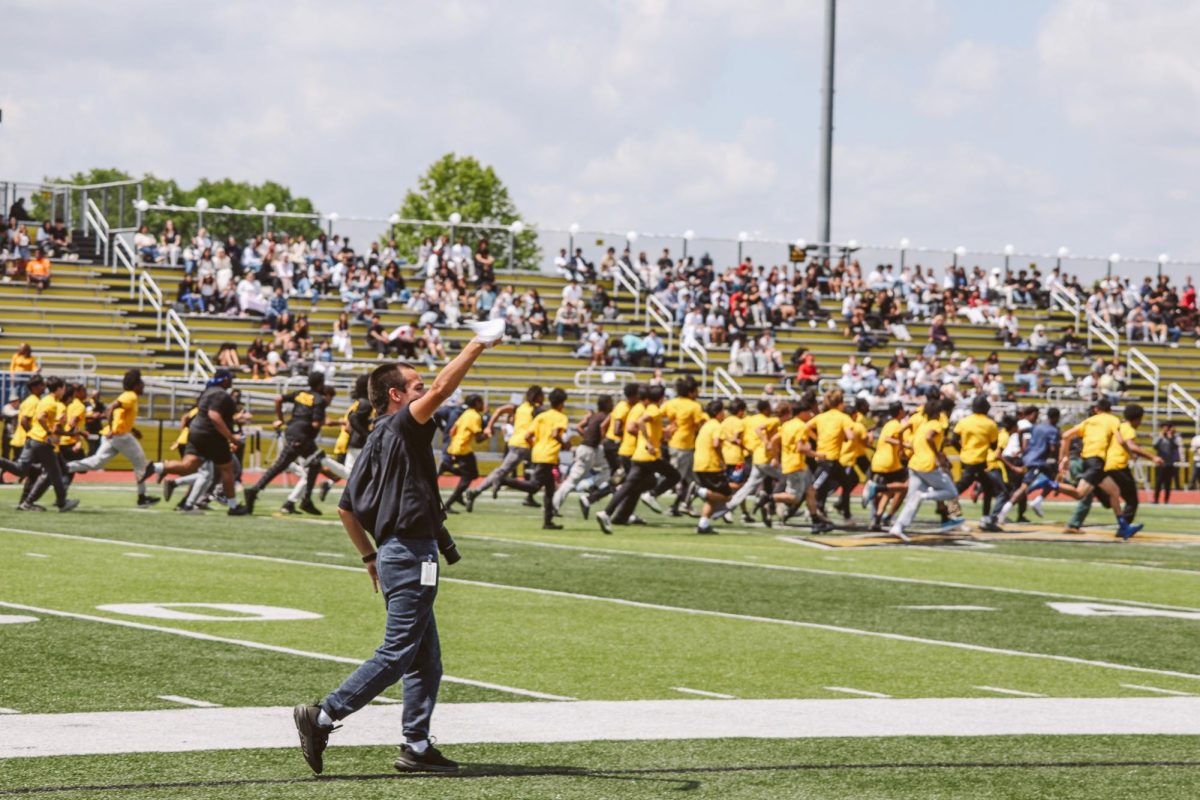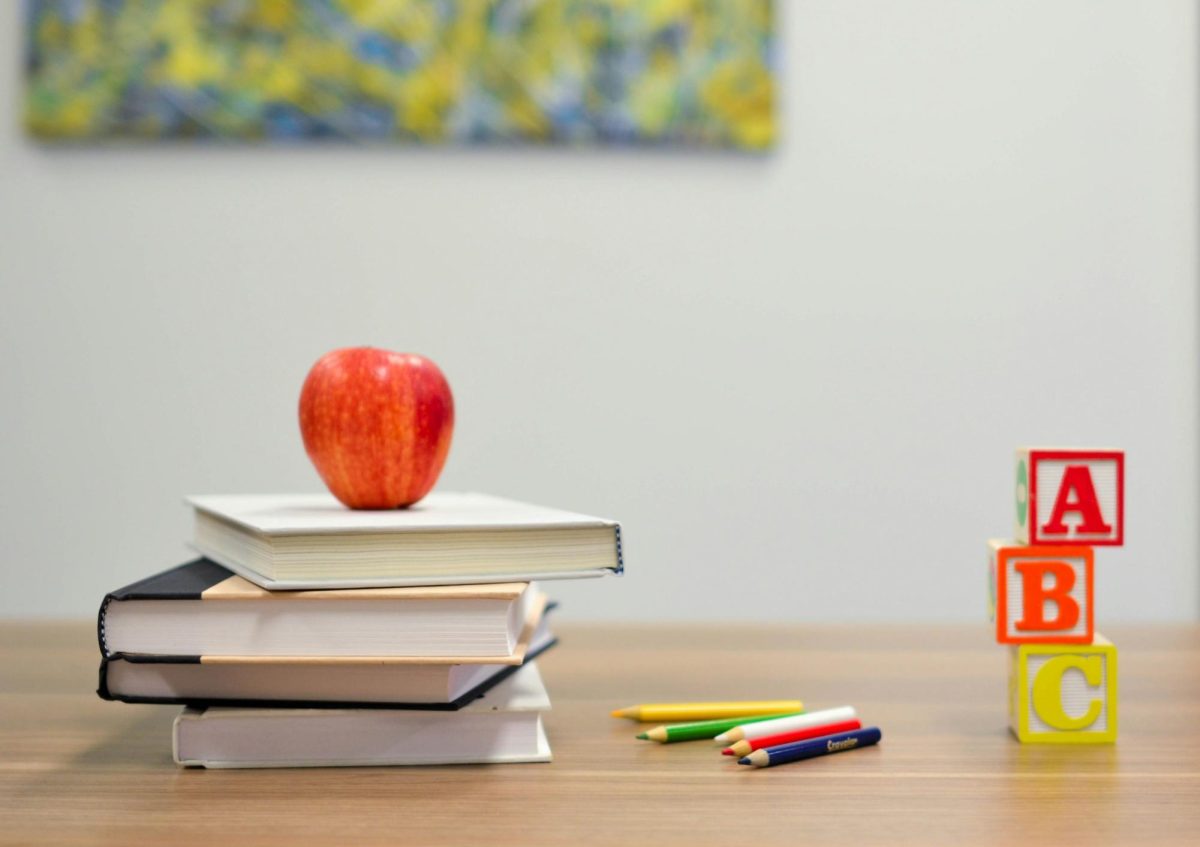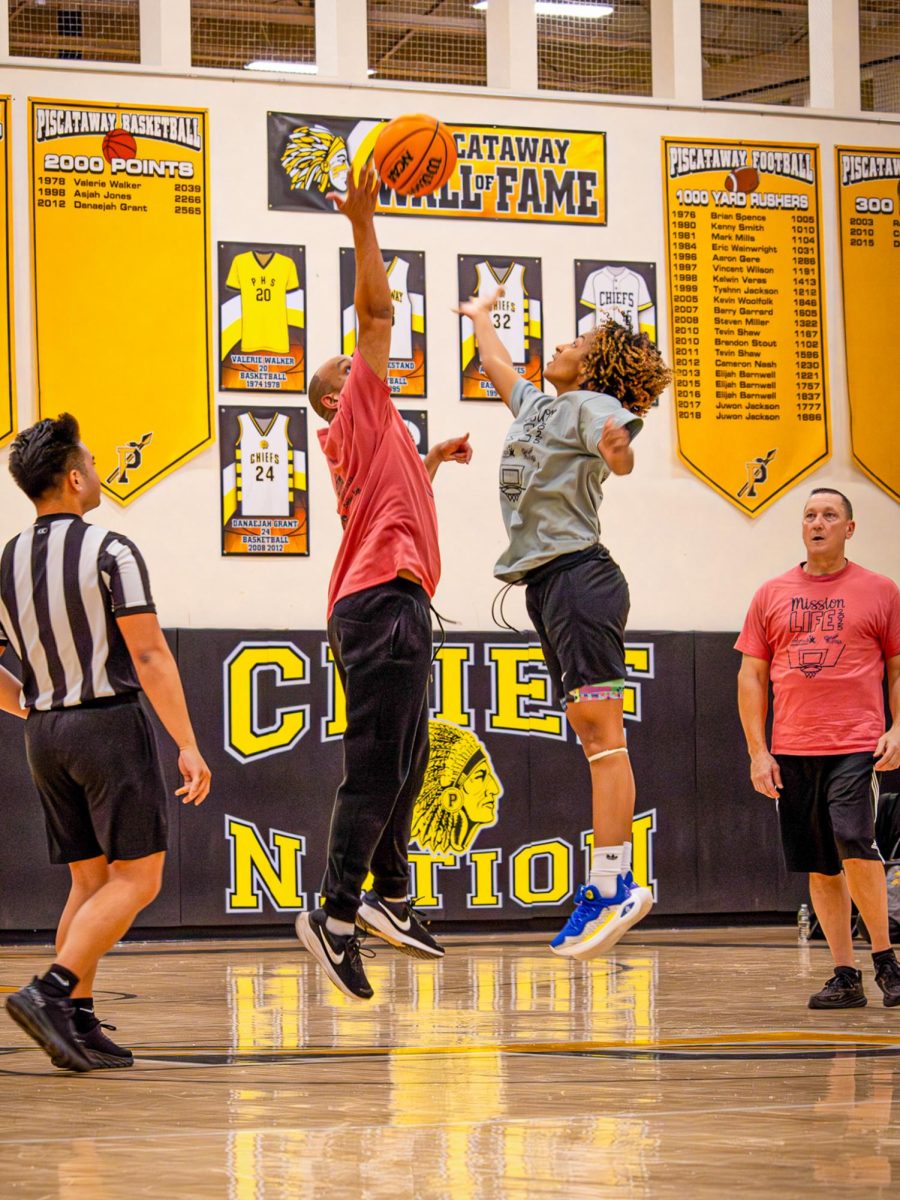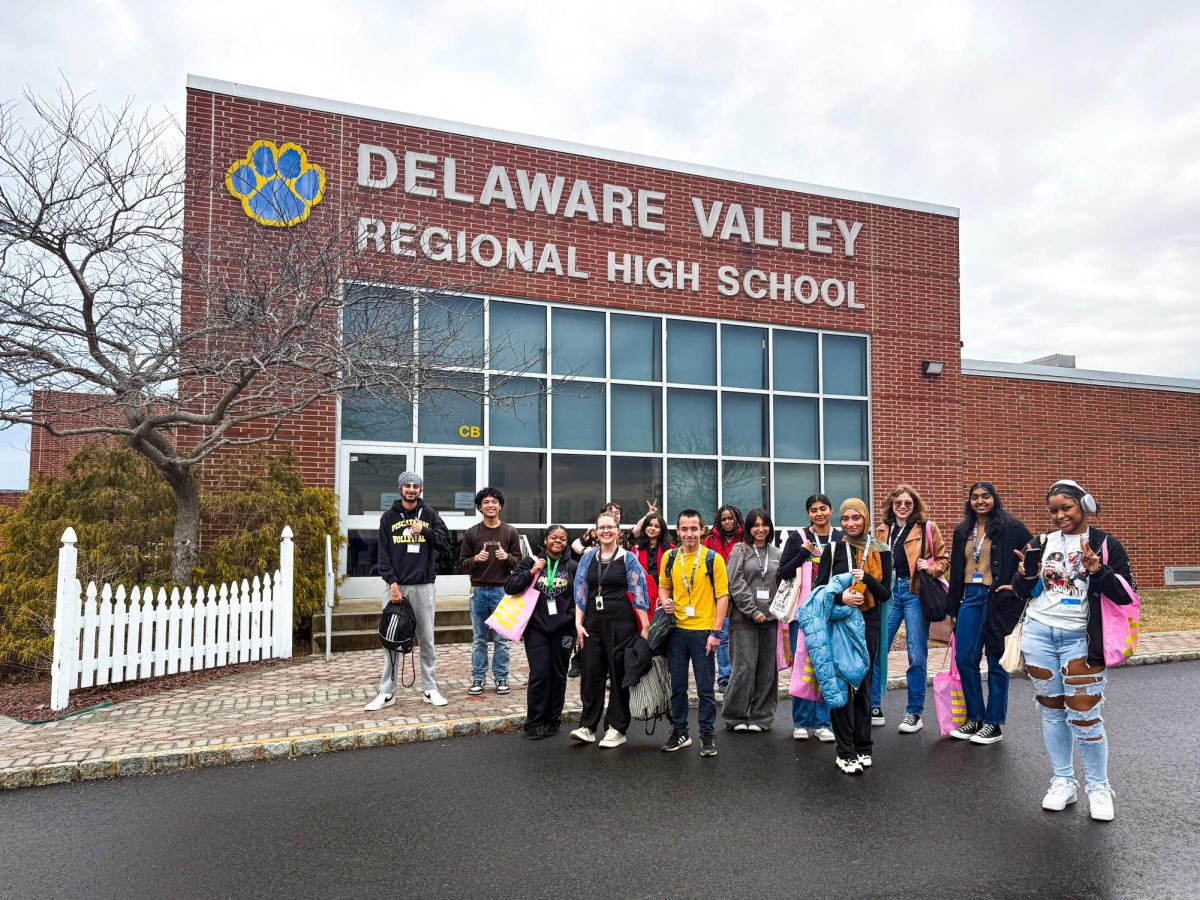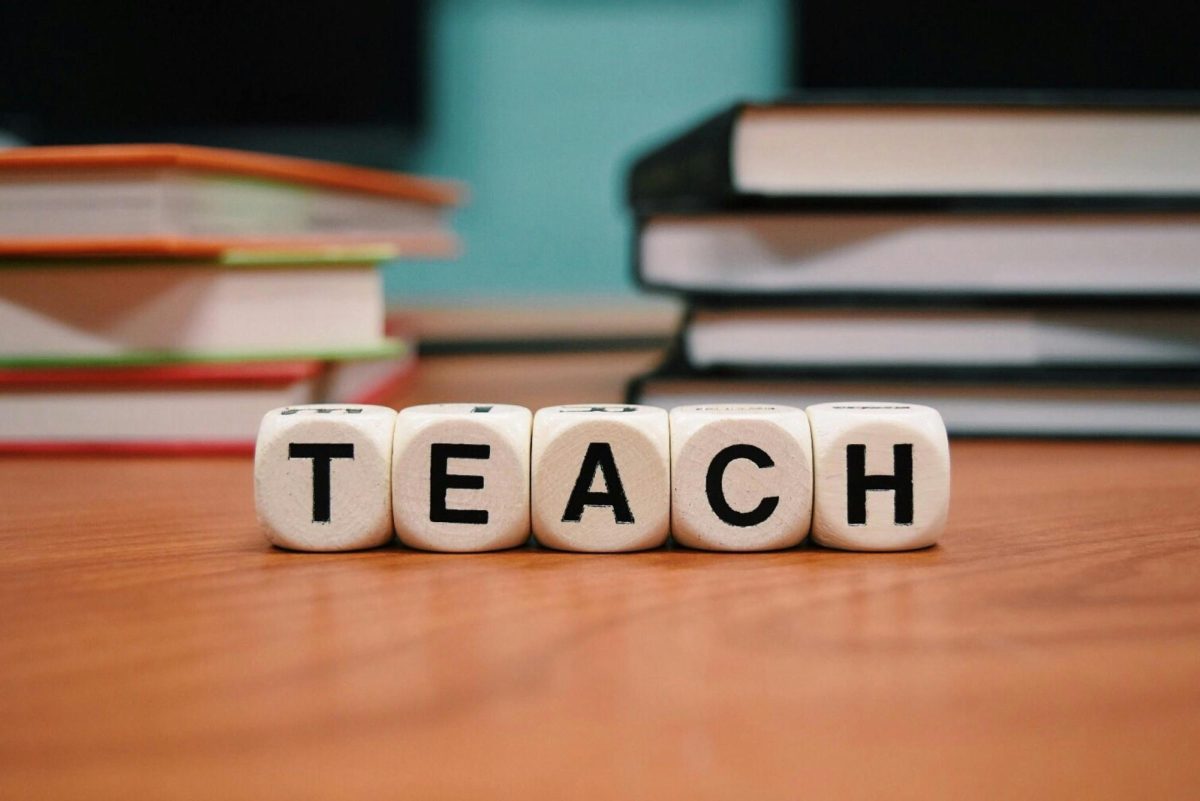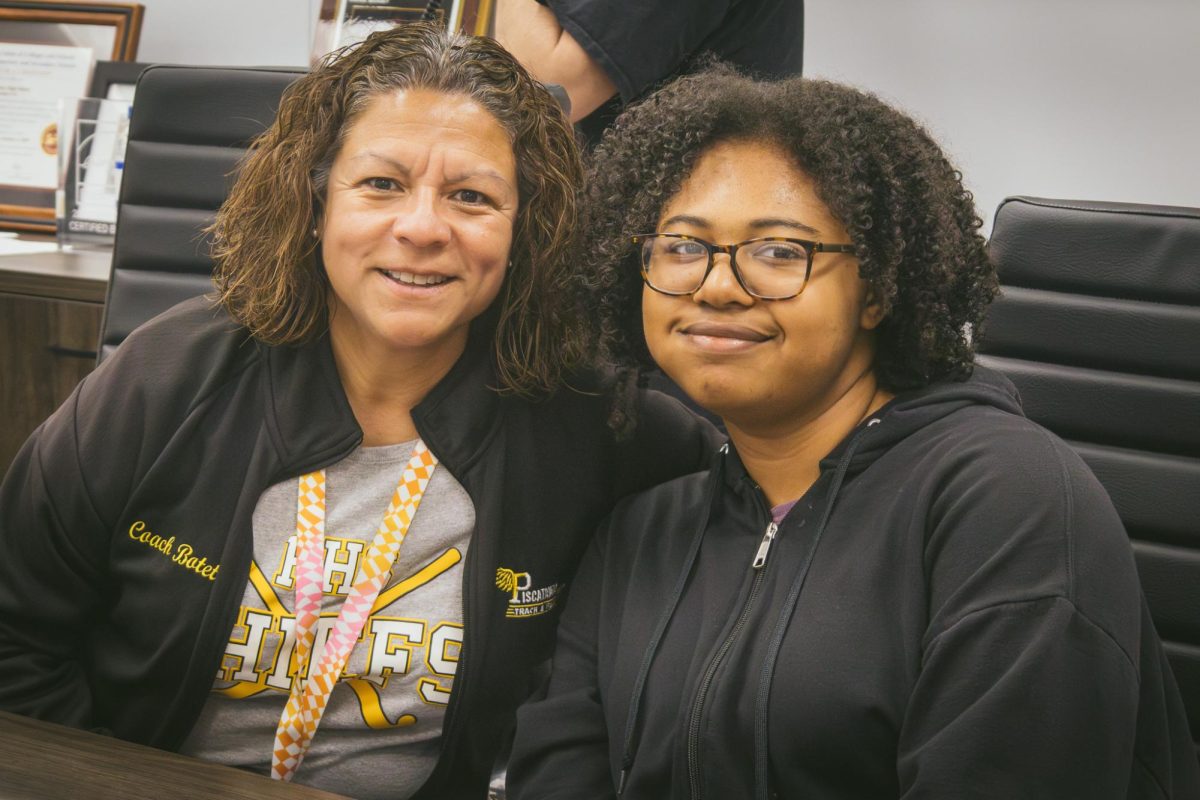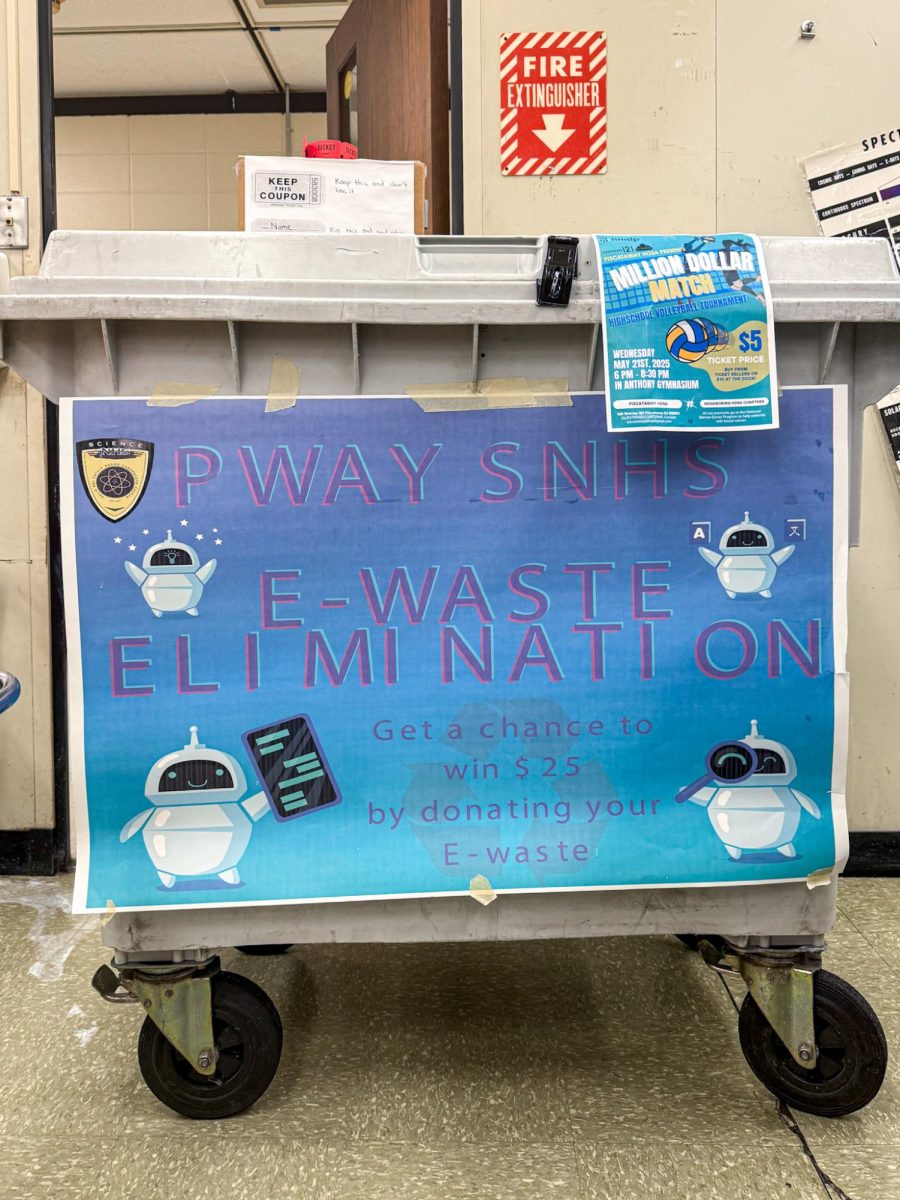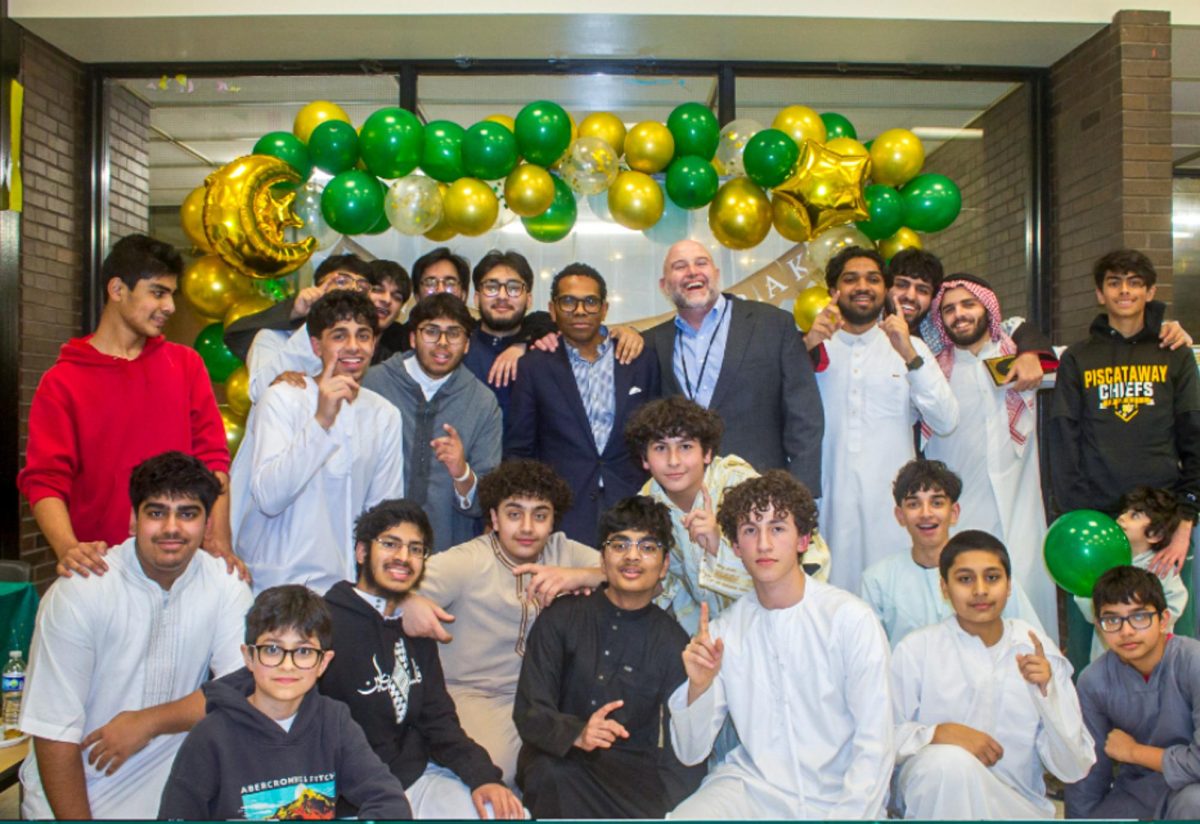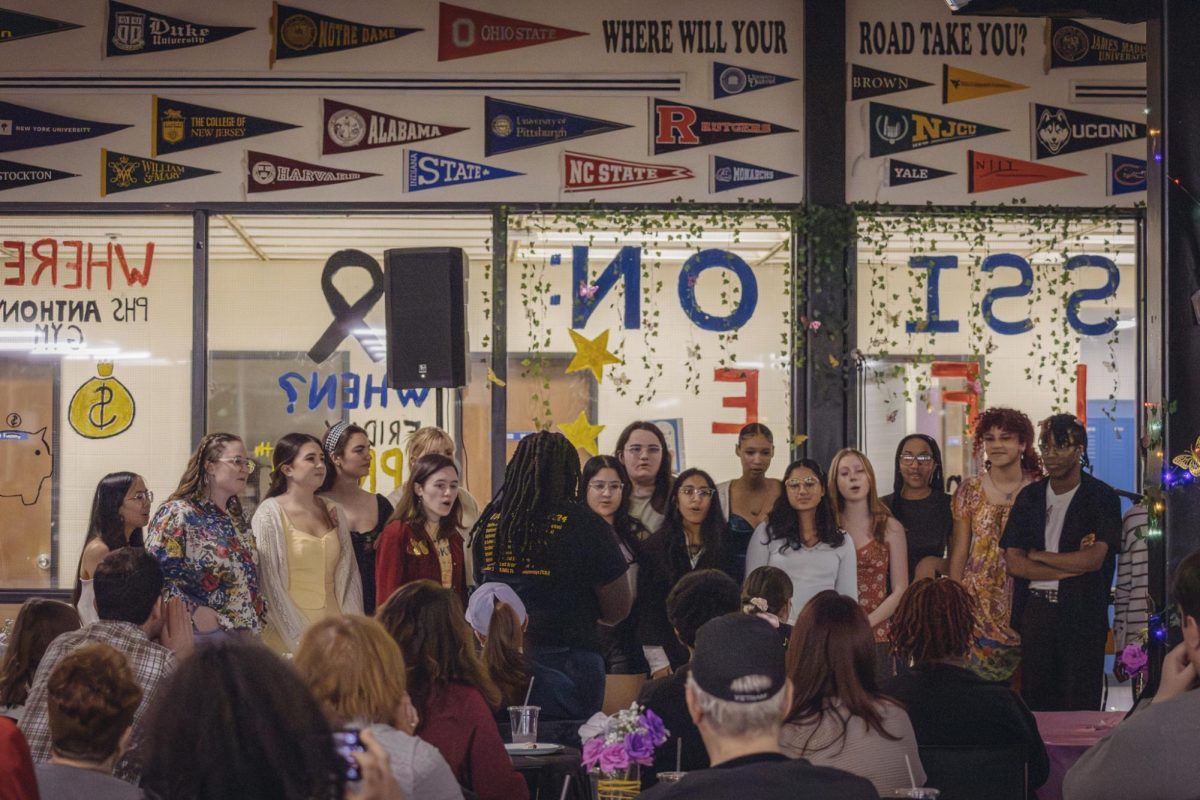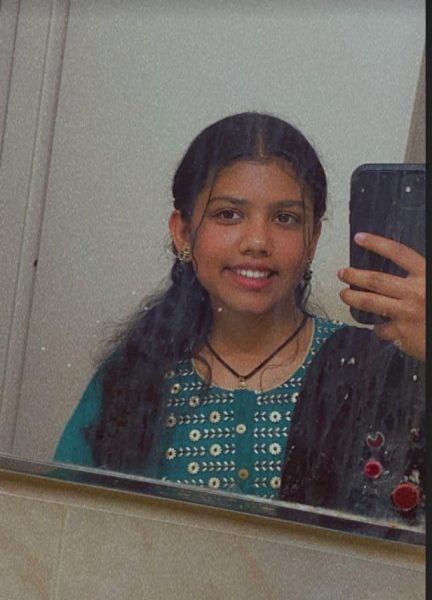On March 7th, about 80 students, all members of the NEHS (National English Honors Society), visited Randolphville, Grandview, Eisenhower, and Knollwood elementary schools for Read Across America day. Each group of students chose their own books to read to the students, and many chose books they loved to read as a child.
According to Ms. Klastava, an English teacher at PHS who is also the NEHS advisor ands coordinator for this event, Read Across America was an initiative started by the National Education Association in the late 1990s with the goal to encourage more students to engage in reading because they noticed that reading in general — but especially reading for pleasure — was dying down.
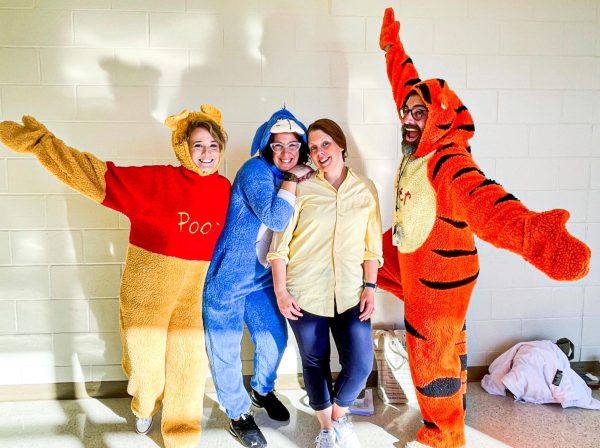
When the National Education Association came up with this idea, it was originally a “year-long project, but then they started to align it with Dr. Seuss’ birthday,” which is March 2nd, Klastava said. They “used that as a week they can isolate in the year to primarily focus on encouraging students to read.”
The PHS NEHS started doing this event back in 2018. The event tries to encourage students to view reading as not only something they do as an assignment, but also something they can do “for fun,” and the way to do that is to help them find the right book for them, not just what they ‘should’ be reading. During the reading sessions, the NEHS students try to get everyone involved, even reluctant students, by making sound effects or by engaging in ideas shared by the students.
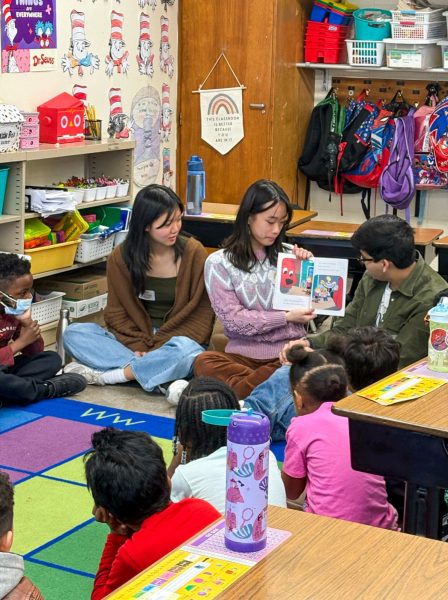
“Reading doesn’t have to be a bland activity,” said one of the NEHS students, PHS sophomore Fatima Chughtai. Ms.Klastava added that a lot of the time kids do not enjoy reading because “they have not found the right thing,” and when they do, the tables completely flip for the better! Plus, Chughtai observed that “seeing [students] in high school [reading as] a hobby” shows that it “really stays and resonates with [people] throughout [their lives].”
According to Klastava, books, being a huge part of a developing mind, have the responsibility of being able to make them feel heard and seen, which is why the readers from PHS “not only ask questions about the material being read, but also about the students and how they are able to relate to the book,” and vice-versa! Sometimes the responses students give to readers are things that “[one] might not anticipate” and can turn into a teaching or a self-reminding moment for the elders in the classroom, because at the end of the day, “we are all humans trying to navigate the world”.
Klastava shared how proud she was of the NEHS students, as going into a classroom with thirty 5-to-6-year-olds can be “extremely overwhelming,” which is why sending in multiple people in the classroom makes it more comforting and less of a nervous experience for all.
Over the years, the event has been such a success that students were immensely engaged even as the event was held over Zoom during COVID. According to Klastava, “the fact that they could make a difference during that time” is something to be applauded…anytime we can turn someone into a reader is an opportunity.”
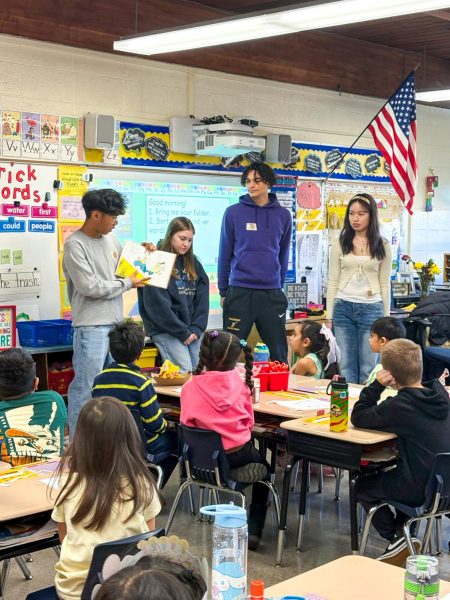
Looking ahead, Ms.Klastava and her students hope that this event can happen once every marking period rather than only once in the year, so that a genuine relationship could be formed with both kids from the elementary schools and students from the high school; when PHS students do come, there is “this awe factor,” and the fact that they get to do something ”fun with them,” in which they are able to “associate reading with fun,” is one of the best things this whole initiative could ask for.
